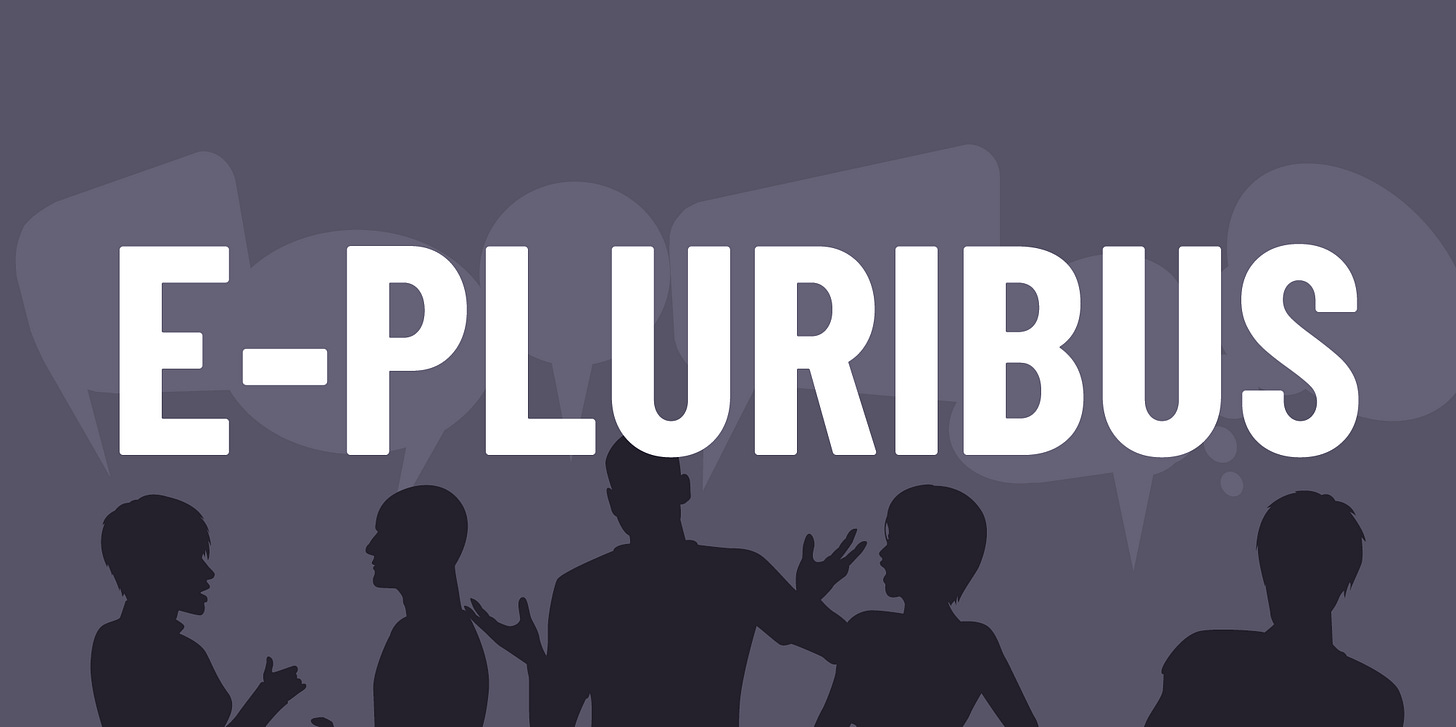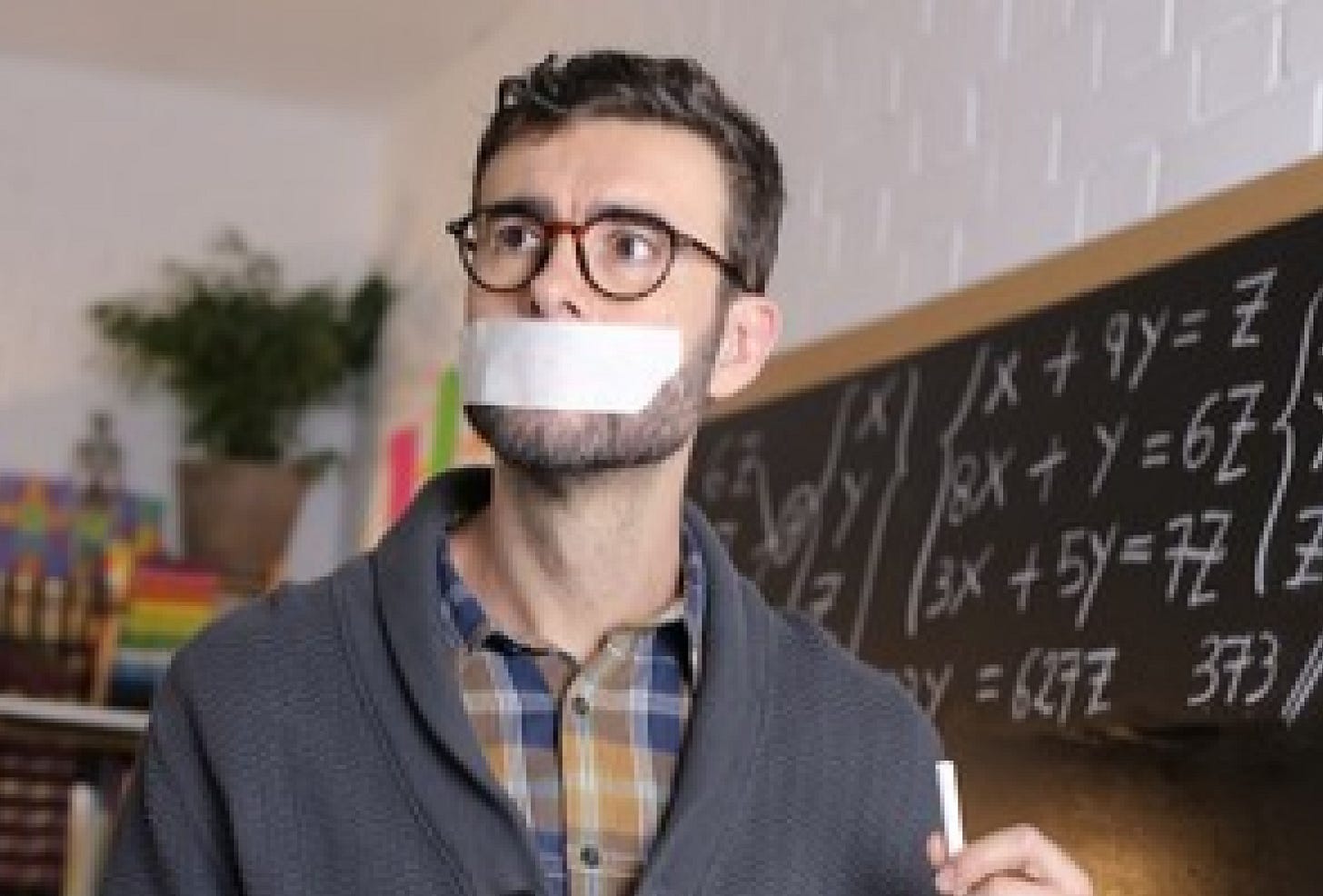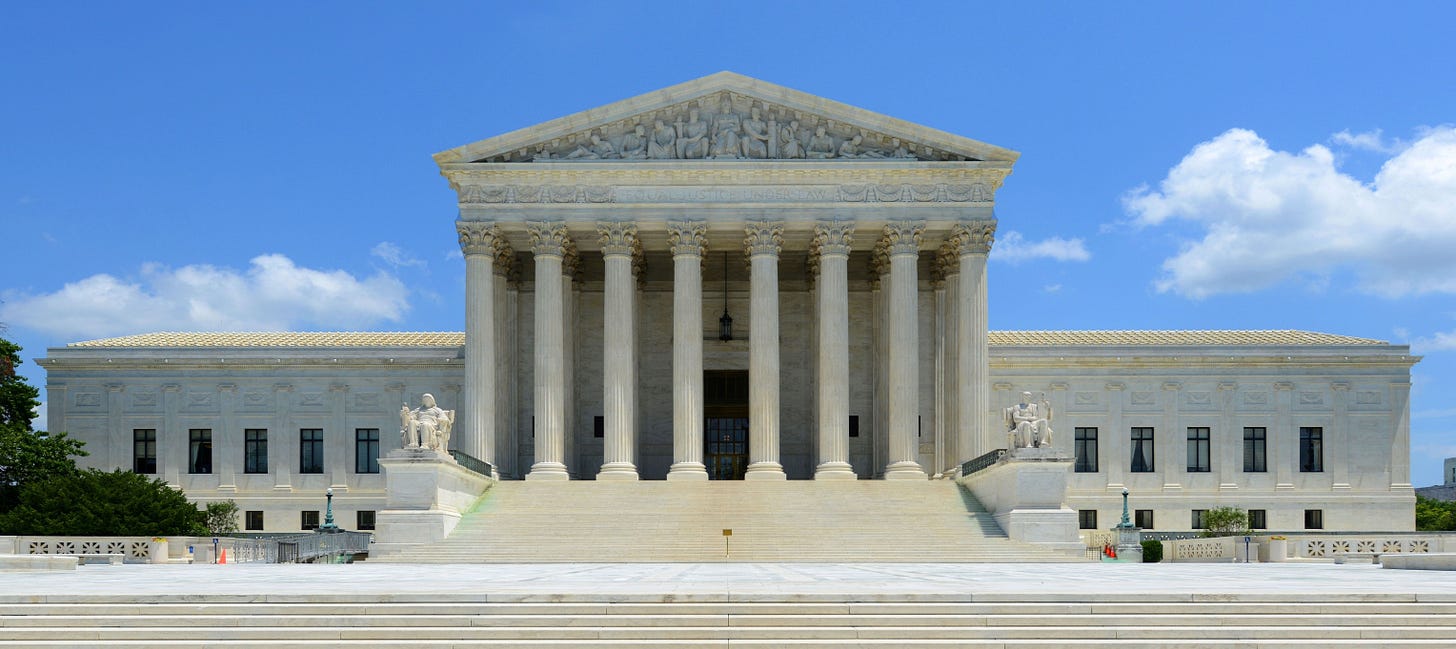E-Pluribus | December 2, 2022
Academic freedom and free speech at universities; why publicly admitting mistakes is important; and one law firm's refusal to tolerate dissent.
A round-up of the latest and best writing and musings on the rise of illiberalism in the public discourse:
Robert P. George: How universities can restore academic freedom and free speech
An open letter entitled the Stanford Academic Freedom Declaration has been signed by over 1,500 college professors and academics and the number is growing. One of the early signers was Princeton University professors Robert P. George. In an essay at the Deseret News, drawn from the declaration, George lays out a path for institutions of higher learning to follow to restore and safeguard these freedoms too long taken for granted.
Universities must deploy safeguards to ensure that administrators work to uphold these principles rather than to undermine them. University disciplinary procedures must become transparent, following basic centuries-old protections of the accused, such as the right to see and challenge evidence, the right to confront witnesses against them, the right to representation, and the principle of innocence until proven guilty.
University leaders must also promote and institutionalize free speech and academic freedom by concrete actions. Freedom is a culture, not merely a set of rules, and a culture must be nurtured. Free speech, free inquiry, tolerance for opposing views, meeting such views with argument, logic and fact, abstaining from ad-hominem attacks, character assassination, doxing and other unethical behavior must be highlighted in the orientation materials for all new students and employees.
Freedom comes with a culture of responsibility, but responsibilities are better enforced by social norms than by extensive rules enforced by bureaucrats. If community members or groups petition school leaders for the sanction or punishment of a faculty member or a student for expressing a point of view, university leaders should publicly and clearly respond with a statement affirming that the university is a place to discuss and debate all views, and that an attempt to punish others for having “incorrect” views is incompatible with the community standards of the school.
Read it all.
Catherine Rampell: Powell admitted he was wrong on interest rates. More officials should do that.
Donald Trump’s refusal to back down after his ill-advised dinner with Kanye West and Nick Fuentes is perhaps an extreme example of a public official refusing to own a mistake, but his response is fairly typical. The Washington Post’s Catherine Rampell decries public officials’ seeming inability to admit errors and points out some recent examples that more in public service would do well to emulate.
Investors closely watched Federal Reserve Chair Jerome H. Powell’s remarks this week for hints about the next interest rate hike. They got a few. But if you paid attention, you may have noticed something much more significant Powell said.
Powell, one of the most powerful policymakers in the world, casually mentioned that he had gotten something wrong. That, in my view, is praiseworthy.
[. . .]
Powell has acknowledged in public comments that the Fed didn’t get things exactly right.
But the remark was still striking, because this sort of boring admission is exceptionally, distressingly rare among public officials.
The norm instead is to deny, deny, deny. Never admit error. Never apologize. Never back down. Most seem to believe that acknowledging missteps would make them look weak, regardless of how minor or obvious the blunder might be.
Read it all here.
Robin Keller: No Dissent on Abortion Allowed at Hogan Lovells
Law firms exist to seek justice for their clients, but global law firm Hogan Lovells isn’t even interested in justice for one of its own (now former) attorneys in the wake of a recent internal conference call regarding the Supreme Court’s Dobbs decision. Robin Keller writes at The Wall Street Journal of how she was attacked for her views supporting the court’s decision and then was treated as the attacker and summarily dismissed from the firm.
After the Supreme Court issued its Dobbs decision overturning Roe v. Wade in June, global law firm Hogan Lovells organized an online conference call for female employees. As a retired equity partner still actively serving clients, I was invited to participate in what was billed as a “safe space” for women at the firm to discuss the decision. It might have been a safe space for some, but it wasn’t safe for me.
Everyone else who spoke on the call was unanimous in her anger and outrage about Dobbs. I spoke up to offer a different view. I noted that many jurists and commentators believed Roe had been wrongly decided. I said that the court was right to remand the issue to the states. I added that I thought abortion-rights advocates had brought much of the pushback against Roe on themselves by pushing for extreme policies. I referred to numerous reports of disproportionately high rates of abortion in the black community, which some have called a form of genocide. I said I thought this was tragic.
The outrage was immediate. The next speaker called me a racist and demanded that I leave the meeting. Other participants said they “lost their ability to breathe” on hearing my comments. After more of the same, I hung up.
Someone made a formal complaint to the firm. Later that day, Hogan Lovells suspended my contracts, cut off my contact with clients, removed me from email and document systems, and emailed all U.S. personnel saying that a forum participant had made “anti-Black comments” and was suspended pending an investigation.
Read the whole thing.
Around Twitter
Via the Foundation for Individual Rights & Expression, the organization’s executive vice president Nico Perrino on the should vs. must aspect of the free speech debate in the context of Elon Musk’s Twitter:
Excerpts of a Jesse Singal thread on the inconsistent reporting on mass shootings depending on perceptions of motives, identity and other circumstances besides the basic facts:
And finally, via Canada’s Jonathan Kay, an elementary school’s . . . Gender Bender Day? Yup, you read that right:












